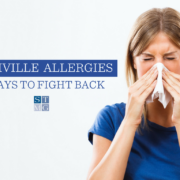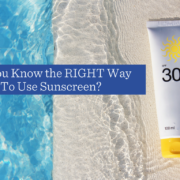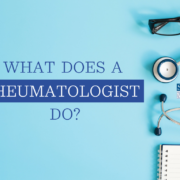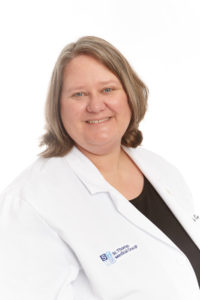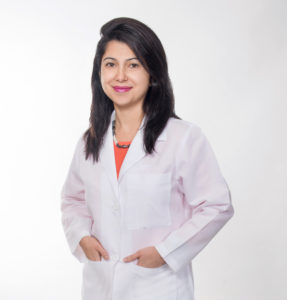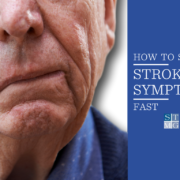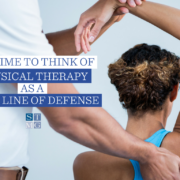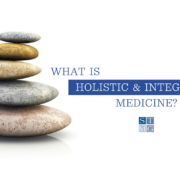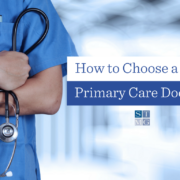Nashville Allergies Are Here! 3 Ways to Fight Back!
Argh…
….humph!!
“Uggh… why, Nashville?”
No, it’s not the traffic at this time of year that has Nashvillians grumbling. (Okay, who are we kidding? It’s always the traffic.) It’s that special time of the year when pollen is out in full force and allergies are taking over our sinuses. When allergies have got a hold of your eyes, nose, and throat, it’s hard to focus on anything else.
So What Are Allergies?
Those symptoms we call “allergies” are a reaction produced by the immune system’s hypersensitivity to substances like pollen, dust and pet dander (“allergens”). When exposed to those allergens, the body releases histamine in the blood and tissues, bringing on the all-too-familiar symptoms like sneezing, watery eyes, nasal congestion and drainage, headaches, and even gastrointestinal or skin reactions. This is known as an Ig-E Mediated Allergy.
There’s another type of allergy doctors assess: Non-Ig-E Mediated Allergy, which is triggered by things in the environment that do not depend on Ig-E – things like smoke, chemicals, and cold moist weather.
Ok, How Can I Stop My Allergies?
First, you have to know what’s causing the symptoms of your allergies. The Nashville allergy specialists at St. Thomas Medical Group may evaluate the cause(s) of symptoms by obtaining a medical history; performing an ear, nose and throat exam; ordering a sinus CT scan (in some cases); and ordering an allergy test. Allergy testing can be done directly through the skin or as a blood test.
Once the evaluation is complete, the allergy specialist may be able to provide a diagnosis, which informs treatment. Generally speaking, there are three ways to treat allergies:
- Medication Therapy. Antihistamines and nasal sprays are some of the common drugs used to manage allergy symptoms. If you’ve bought over-the-counter versions before in the past with mediocre results, don’t assume that’s just “how it is.” Prescription versions of these medications have helped many patients. Furthermore, once you’ve been properly diagnosed, your allergy specialist may be able to prescribe you a different medication that’s more appropriate for your specific allergen triggers.
- Avoidance Therapy. As a part of your care, your allergy specialist will help you develop strategies for limiting your exposure to the allergens that trigger your symptoms.
- Desensitizing Immunotherapy (IT). Finally, some patients may qualify for immunotherapy (IT) – “allergy injections.” Immunotherapy may be administered in the form of weekly injections in your doctor’s office or orally (taken under the tongue) twice a week at home. There are different options, benefits and risks associated with both. However, IT has brought about relief for many patients suffering from Nashville allergies!
Sniffly, Runny or Stuffy? Visit the Nashville ENT & Allergy Clinic!
Advanced care for Nashville allergies is possible at Nashville ENT & Allergy Clinic. We are committed to professional specialty care using a collaborative team approach and state-of-the-art electronic information and medical technology – all conveniently housed under one roof. To schedule an appointment with one of our physicians (all certified by the American Board of Otolaryngology/Head and Neck Surgery), call +1 (615) 386-9089 or send us a message.

